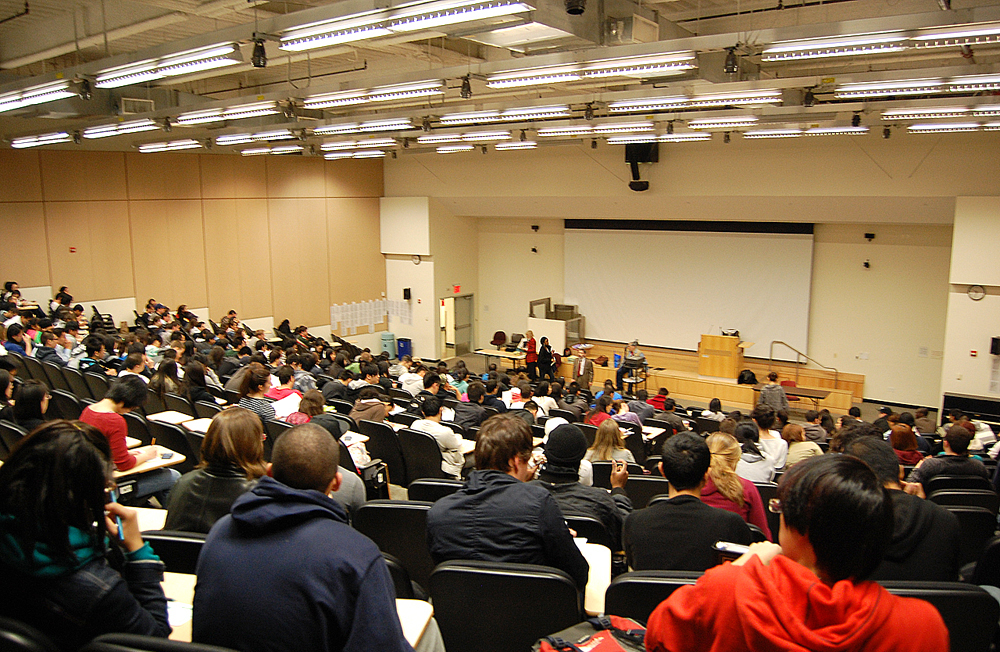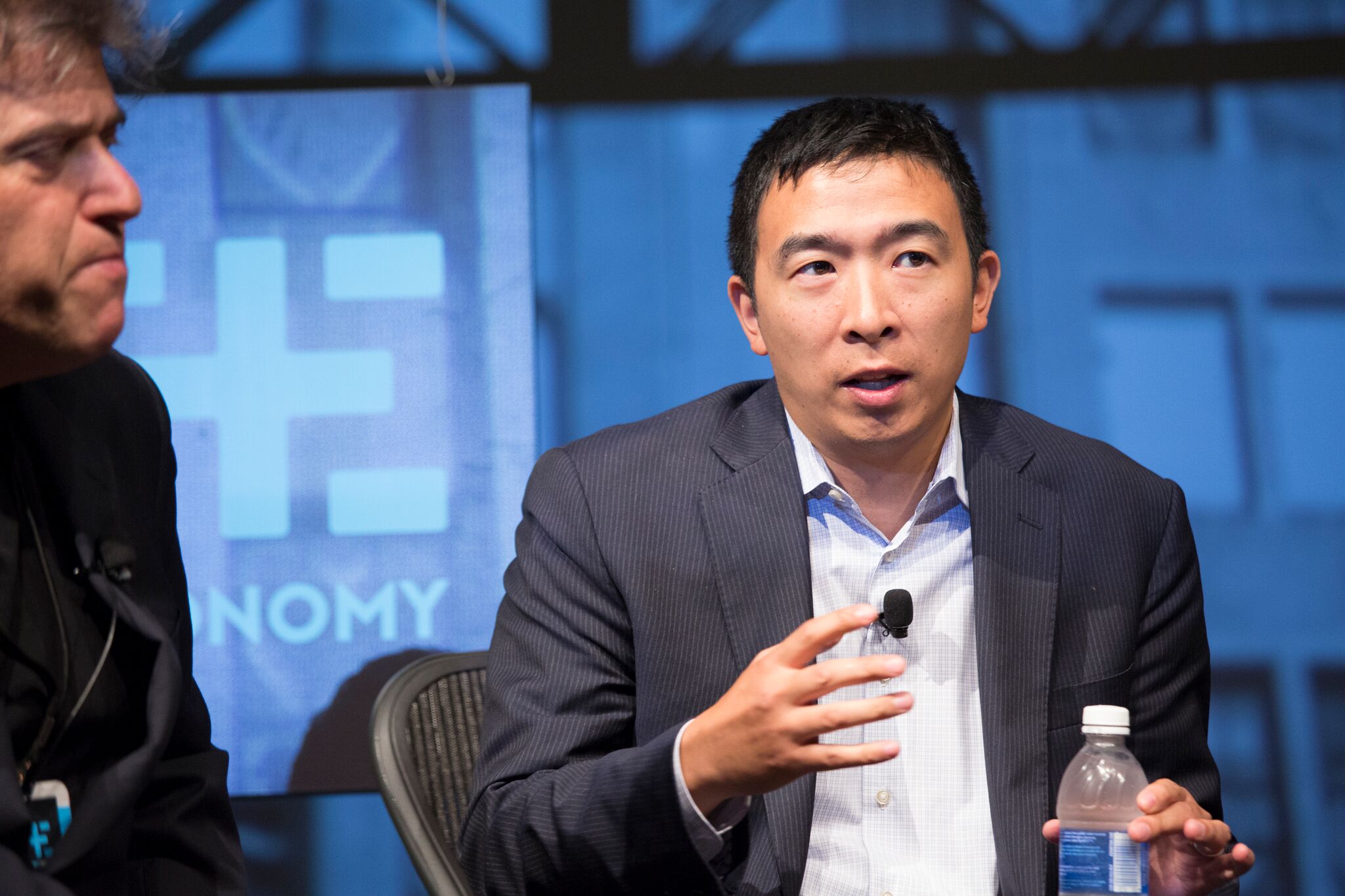School is the status quo for learning. The vast majority of students see it as the best place to learn, to make connections, and to forge a balance between their social and academic lives. And in most respects, it absolutely is. But some statistics make it difficult to believe that our existing education system is working as well as it could. The Education Commission reports that some 385 million youth are at risk of not having the skills necessary to fill jobs in 2030. Perhaps we can admit that our schools aren’t adapting as deftly to the trends of the modern day as we might have thought. But then the real question becomes: “How can we improve?”
The truth is, although students may be getting better academically, the life that school provides students is almost too detached from the real world; it’s almost a bubble. From a career standpoint, 69% of businesses believe that schools aren’t effectively preparing students for the workforce. This is no surprise given that schools rarely emphasize experiential learning. Not convinced? Only about 1% of American schools support project-based learning.

Additionally, a study conducted at the University of Michigan reports that college students are about 40% less empathetic than they were 10 years ago, in aggregate. This statistic may come as a bit of a surprise, as society socially rewards those who provide value and care for the wellbeing of others. But, at the same time when is the last time we remember school to be a place where students aren’t hard-pressed to achieve certain scores on exams? When was school a place where students could truly learn for the ‘fun’ of it and not subconsciously think of the scores that would ensue? If students are graded on a bell curve, can they truly be motivated to help each other succeed rather than focus on their own accomplishments? Just food for thought.
School is certainly well-meaning and hopes to prepare students to be successful in both their careers and as people, but this vision is commonly lost in translation. That is to say that students may graduate as scholars, but they are by no means, as a byproduct, effective human beings or successful in their careers.
Curious about what we could do to improve the education system to be more reflective of the real world, I interviewed Andrew Yang, who himself graduated from two ivy-league schools, and went on to found Venture for America, a prominent fellowship program that empowers smart college graduates to start companies.
 I asked him one question: “What’s the biggest problem with our existing education system?”
I asked him one question: “What’s the biggest problem with our existing education system?”
Andrew told me: “The biggest problem with our existing education system is that it doesn’t allow young people to fail and experiment. An ‘F’ would cripple most students and stain their records forever. We need to push our students to have the kind of experiences that will allow them to stumble, fall and then pick themselves up.”
Students are clearly scared of failure in the status quo; in fact, this particular study from the British Journal of Educational Psychology shows that the avoidance that students adapt to sidestep failure significantly hampers their abilities to learn effectively.
The real problem is that failure is everywhere but students don’t know how to deal with it effectively. Startups fail. Relationships fail. Practically speaking, almost everything has the capacity to go wrong. So important is our students’ need to be prepared to tackle their failures with a non-defeatist attitude.
So, what’s actionable then?
1. Implement Project-Based and Blended Learning
When students can connect the dots between what they’re learning in the classroom and what they can actually do to use their knowledge to do something practical, they are much more motivated to learn. Project-based learning does just this. The typical process of project-based learning begins with identifying a problem and having students plan their own journeys in ideating and executing a potential solution. Going back to what Andrew says, this process will show students that they won’t always be successful in solving the problem they began to think about solving, but having students experience this failure when the stakes are low is the key to developing resilient future business leaders and employees.
2. Foster Collaborative Environments
Andrew also suggested to me that “We have to make school more like team sports – collaborative with common goals and interpersonal dynamics baked in, with a success or failure followed by growth and development.” When students work together, they work on enhancing their communication skills as well as improve their ability to discover others’ strengths and weaknesses to complement them with their own. Fostering collaborative environments allow students to improve their people skills. These skills are what Google found to be the commonality between all of its successful employees.
3. Teach Students to Be People Before Scholars
Microsoft CEO Satya Nadella believes that empathy is the most important skill that a leader can have. And that’s because being able to understand others is at the core of being effective at communication, conflict resolution, and many other forms of tough conversations. Imagine being able to put yourself in others’ shoes whenever something doesn’t go to plan. You’d be much happier and amiable to just about everyone around you, whether this is co-workers, family, you name it.

I want to end by saying I’m a huge proponent of school and all about figuring out ways to make it a much better system that focuses on teaching students to be empowered to put all their great ideas to work upon graduation. Just like all the other things in the world that are broken, we need to work together and make it a priority to fix it together. We must be progressive. We must be collaborative.
What’s at stake, you ask? Our collective future. So it’s up to us all to make change happen.
This is a Contributor Post. Opinions expressed here are opinions of the Contributor. Influencive does not endorse or review brands mentioned; does not and cannot investigate relationships with brands, products, and people mentioned and is up to the Contributor to disclose. Contributors, amongst other accounts and articles may be professional fee-based.

